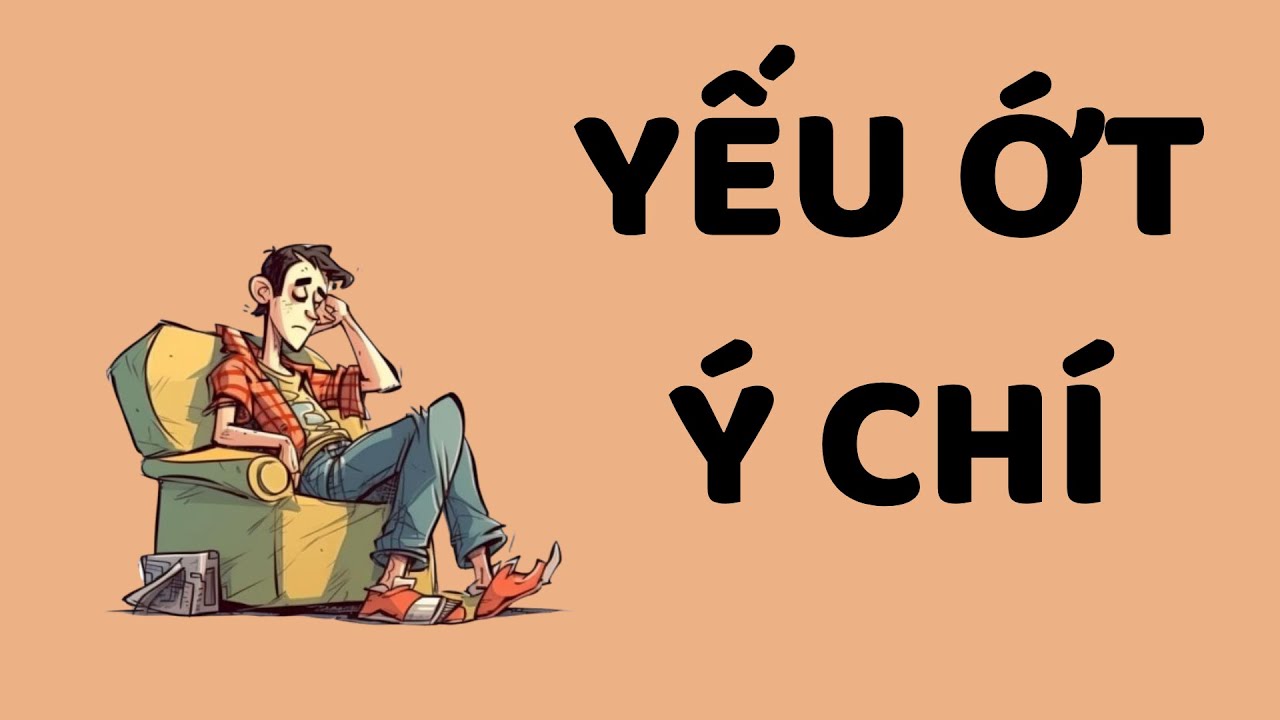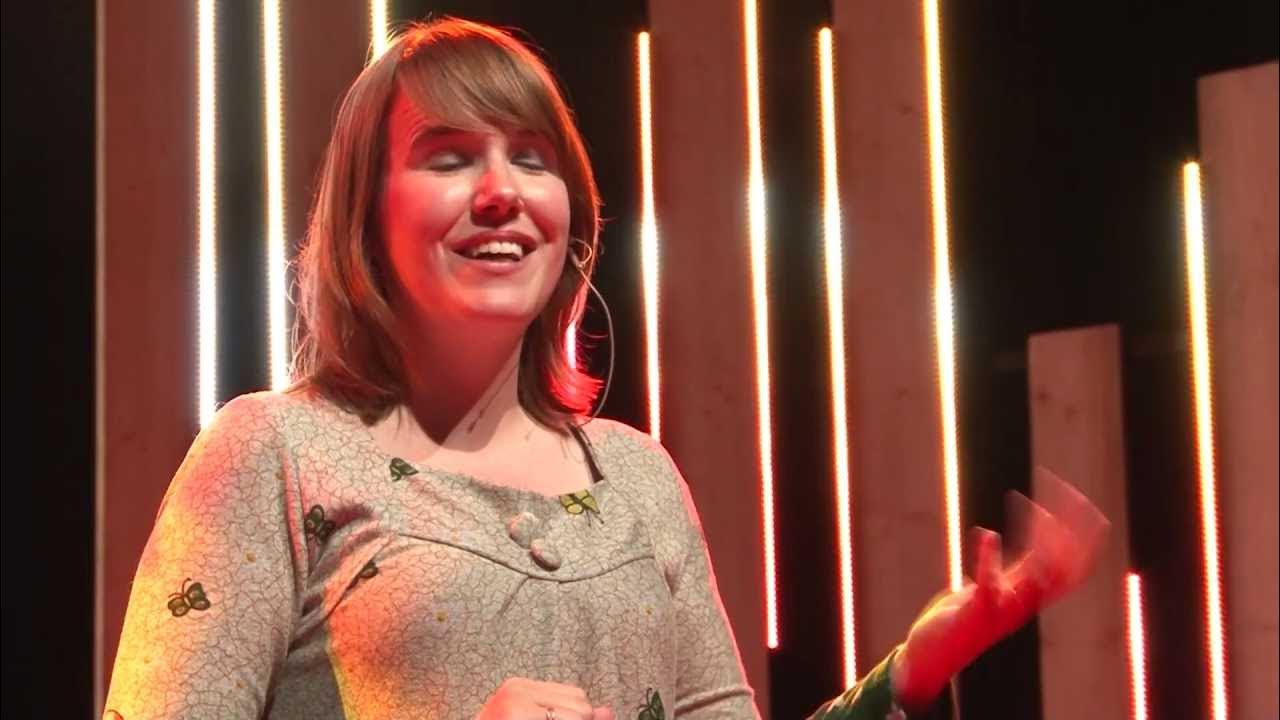Reification | Marvic Leonen | TEDxYouth@SJCS
Summary
TLDRThe speaker discusses the digital society's tendency towards 'reification,' the fallacy of mistaking abstract ideas for concrete reality. They emphasize the importance of challenging this by engaging with diverse ideas, beyond the confines of social media echo chambers, to foster an enlightened, critical, and compassionate citizenry. The speech calls for putting down digital devices, seeking discomfort, and embracing the responsibility of free expression to prevent the ossification of thought.
Takeaways
- 🧠 Reification involves turning abstract ideas into concrete realities, but it can be a fallacy if we mistake the representation for the reality.
- 📚 Culture is how a society reflects on itself through a collection of ideas, but these ideas are always contested.
- 🧑🏫 Education, science, and institutions like law shape our understanding of the world, but these understandings evolve over time.
- 🔄 Social media creates echo chambers and epistemic bubbles, reinforcing ideas we already agree with and limiting exposure to dissenting views.
- 👥 The dominance of social media as a source of information can lead to a narrow, unchallenged perspective on important issues.
- 📝 True freedom of expression requires exposure to diverse and dissenting ideas, not just those that align with our own beliefs.
- 📱 To counter reification, we should step away from digital devices and engage in direct, critical conversations with others.
- 🎓 The future of society depends on citizens who are enlightened, critical, and compassionate, willing to challenge comfortable ideas.
- 💬 Freedom of expression is both a right and a responsibility; it requires thoughtful engagement with different perspectives.
- 🔍 Questioning rarefied ideas and being critical of the information we consume is essential for a healthy and enlightened society.
Q & A
What does the speaker define as 'reification' in the context of a digital society?
-Reification is defined as taking an abstract idea and making it concrete. In the context of philosophy, it's considered a fallacy to mistake an abstract idea for concrete reality, also known as the 'fallacy of misplaced concreteness'.
How does the speaker describe the process of creating a personal narrative or autobiography?
-The speaker describes it as choosing and privileging certain facts from one's life, weaving them into a story, and excluding or backgrounding others to create a meaningful narrative about oneself.
What is the speaker's view on the role of culture in society?
-Culture is described as a collection of ideas that reflect how a society thinks about and understands itself. It is constantly contested and reproduced, with dominant narratives often being challenged by subversive elements.
What does the speaker suggest about the impact of science on our understanding of the world?
-The speaker suggests that science shapes our understanding of the world by encoding ideas into our consciousness, but also emphasizes that scientific knowledge evolves and can change our perceptions, as exemplified by the evolving understanding of states of matter.
How does the speaker relate the concept of 'falsification' to the evolution of ideas?
-Falsification is presented as a method of challenging and testing theories or hypotheses. If a hypothesis can be falsified, it indicates the need to revise the underlying theory, thus driving the evolution of ideas.
What is the danger of an 'echo chamber' or 'epistemic bubble' according to the speaker?
-An echo chamber or epistemic bubble is dangerous because it limits exposure to diverse ideas, creating a situation where individuals are only exposed to information that confirms their existing beliefs, potentially leading to a lack of critical thinking and understanding.
How does social media contribute to the formation of echo chambers, as described by the speaker?
-Social media contributes by using algorithms that predict and cater to users' preferences, thereby showing them content that aligns with their existing views and excluding dissenting opinions, effectively creating a bubble of like-minded discussion.
What does the speaker propose as a solution to prevent 'reification' in the digital age?
-The speaker suggests becoming 'uncomfortable' as a solution, which involves putting down digital devices, engaging in face-to-face conversations, and critically examining ideas to foster an enlightened and critical society.
What role does the speaker believe citizens should play in maintaining a healthy society?
-The speaker believes that citizens should be enlightened, critical, and compassionate. They should be active in questioning and understanding diverse ideas, and not just seek comfort in their existing beliefs.
How does the speaker view the importance of freedom of expression in society?
-Freedom of expression is seen as not only a right but also a privilege and a responsibility. It is crucial for the pursuit of truth and the health of society, but it requires an environment where dissent and diverse ideas are welcomed and considered.
What does the speaker imply about the current state of news consumption and its impact on society?
-The speaker implies that the reliance on social media for news, rather than traditional journalism or in-depth reading, may be shaping a society that is narrow-minded and lacks the critical engagement necessary for a well-informed and balanced perspective.
Outlines

This section is available to paid users only. Please upgrade to access this part.
Upgrade NowMindmap

This section is available to paid users only. Please upgrade to access this part.
Upgrade NowKeywords

This section is available to paid users only. Please upgrade to access this part.
Upgrade NowHighlights

This section is available to paid users only. Please upgrade to access this part.
Upgrade NowTranscripts

This section is available to paid users only. Please upgrade to access this part.
Upgrade NowBrowse More Related Video

Marxismo: Ideologia e Alienação - Brasil Escola

Đừng Trở Thành Kẻ Yếu Ớt Ý Chí -Tri kỷ cảm xúc Web5ngay

Sociedade de Massa e Homem massa (Parte 4)

The danger of mixing up causality and correlation: Ionica Smeets at TEDxDelft

13 BIAS COGNITIVI che ci rendono IRRAZIONALI 🧠

Karakteristik Pembelajaran Digital
5.0 / 5 (0 votes)